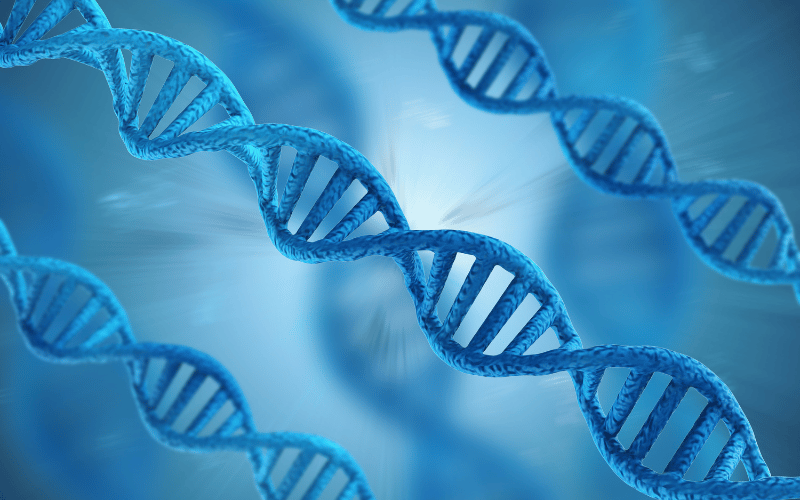Fact 7: Genetics – Adding Another Layer

While smoking is a leading cause of lung cancer, not every smoker develops the disease. This discrepancy can, in part, be attributed to genetics. Some individuals possess genes that make them more susceptible to the carcinogens in tobacco. On the flip side, certain genes might also offer some level of protection against these carcinogens.
For some, the genetic makeup accelerates the harmful effects of smoking. Such individuals might develop lung cancer after fewer years of smoking compared to others. In essence, genetics can amplify the risk factors, turning even moderate smoking into a significant threat.
How our bodies break down and remove the carcinogens in tobacco also plays a role. This metabolic process is governed by genes. Some people metabolize these carcinogens faster, reducing their stay in the body and potentially lowering the risk. However, others might metabolize them more slowly, leading to prolonged exposure and heightened risks.
Genetics doesn’t just influence the risk of lung cancer. Other cancers linked to smoking, such as pancreatic and bladder cancer, also show varying risks based on genetic differences. In tandem with environmental factors, genetics can either fortify the body’s defenses or make it more vulnerable.
The advancements in genetic testing mean individuals can gain insights into their genetic predisposition. While such information is empowering, it’s vital to approach it with caution. A higher genetic risk doesn’t guarantee disease onset, just as a lower risk doesn’t grant immunity. The knowledge should serve as a tool for informed decisions rather than a deterministic verdict. (7)